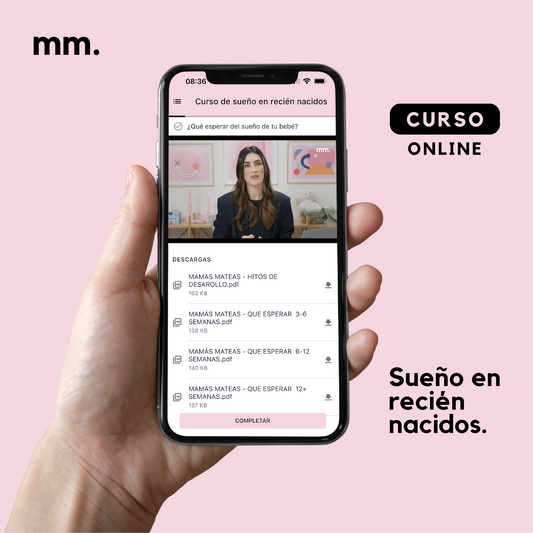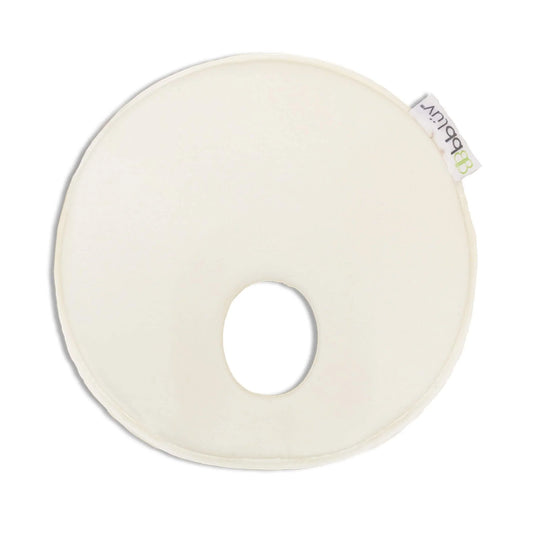How does one get diagnosed with infertility at an early age? How does one navigate this path in Chile? In this testimony, journalist Ivanna López (37) tells us part of her story, her in vitro process and how her own infertility now mobilizes her to give visibility to a reality experienced by 1 in 6 people in the world.
"For years I was afraid of getting pregnant. I knew I wanted to be a mother, but not before studying, working, having some financial stability and traveling the world. All of those things that society applauds in women of my generation. It never occurred to me that it would be so difficult.
After a year of being “in the campaign”, I began to feel like I had been scammed. As soon as we started the baby mission, I went to the gynecologist. He told me “relax”, “they all take a year”. Oh! And: “the most important thing is to lose weight”. After a year, I knew something was not right. I mentioned it to a friend who by then was already an expert in fertility, having been undergoing assisted reproduction treatments for years. “Did they send you to do the AMH?” she said. I felt like I was Chinese, but I empowered myself and went back to the gynecologist to demand that he give me an order for that AMH test and a spermiogram for my boyfriend. “Why do you want to do that test?” he rebuked me and signed the order as if he were indulging a capricious girl. That test, which is not covered by our health system, is essential to know the ovarian reserve and he was categorical. I could not stop crying. At 34, my levels were those of a 45-year-old woman.
Almost 4 years have passed since that diagnosis of infertility due to low ovarian reserve . I feel like I went through another university course on this path. I learned that we are educated completely disconnected from our bodies. The discourse of terror in pregnancy was full of myths. I felt monstrous guilt, that I was less of a woman and even shame. But when I started to talk about it, a Pandora's box opened. Everywhere there were women who were experiencing it, but who were invisible, just like me now. And they were my support, all those women with a pain that is also not seen. I discovered support groups and the Fënn Foundation that makes infertility visible in Chile. I decided that as a communicator I could contribute. And the fact is that society not only does not see those who struggle to be mothers, it also gives them comments that disarm.
But what moved me the most was that deep indignation at a culture that forces you to keep these issues private, when motherhood is a social issue. That's why I decided I wasn't going to suffer in silence. I opened my Instagram (@ivalopezperiodista) and TikTok (@ivannalopezperiodista) networks to my infertility and the IVF process. The response has made me cry with emotion. Women from all over the country and even abroad sharing their stories of pain and silence, accompanying us.
One in six people in the world suffers from infertility and low birth rates put humanity at risk. Motherhood and the problems in achieving it are - more than ever - social issues and solving them begins by giving them visibility. And if my experience serves as a roadmap for another woman, this whole journey will have made sense to me. In fact, it already has: as I write these lines, my almost 4-month pregnant belly is starting to show."









